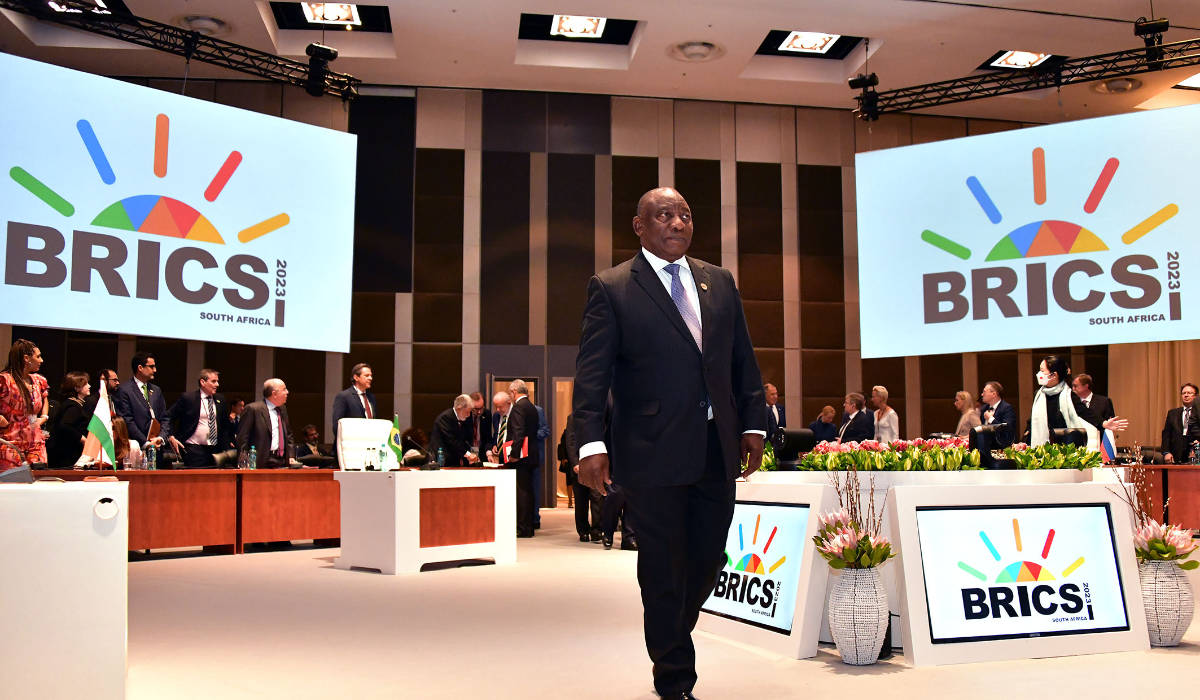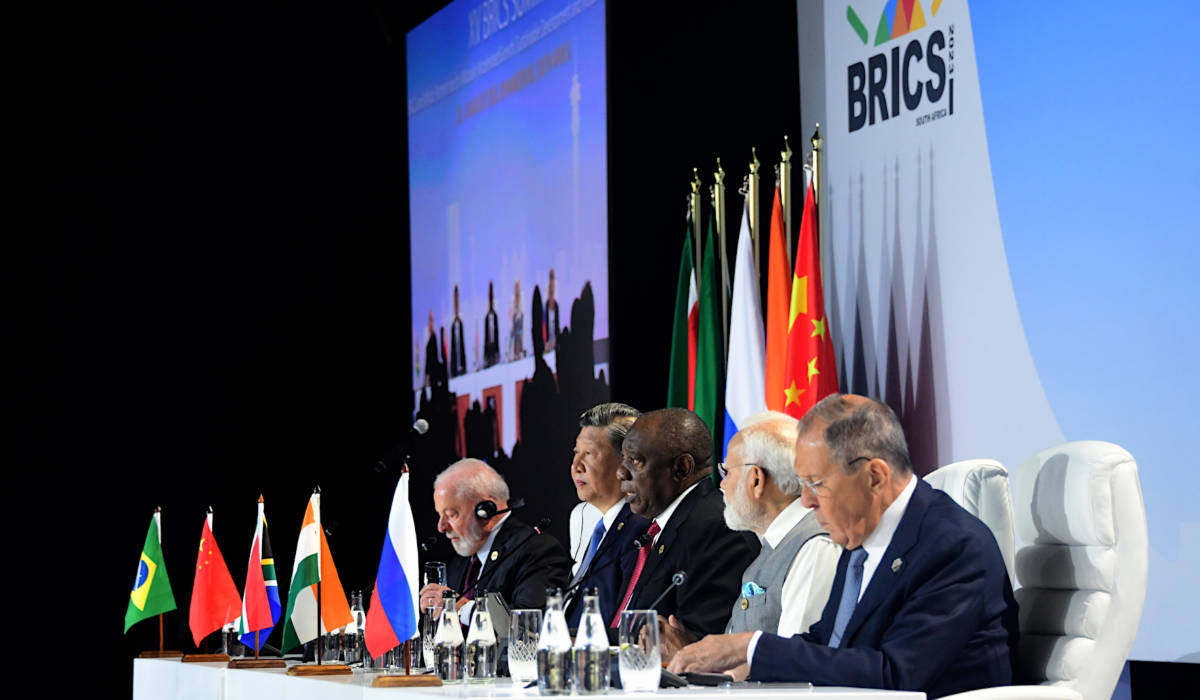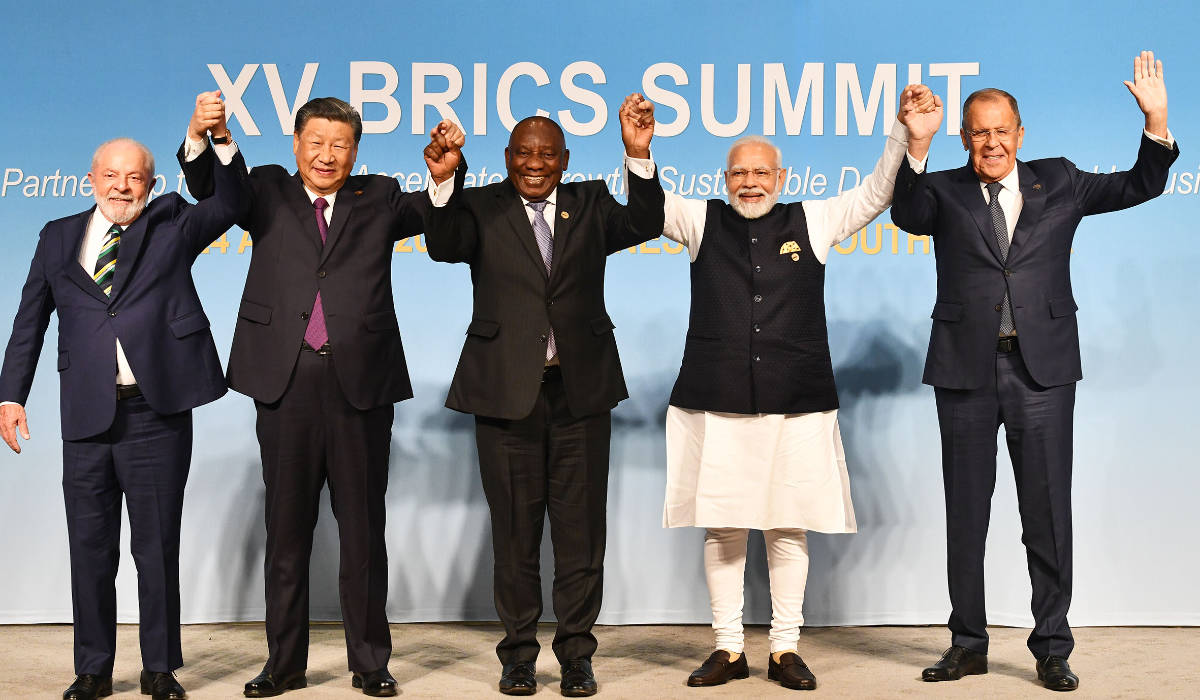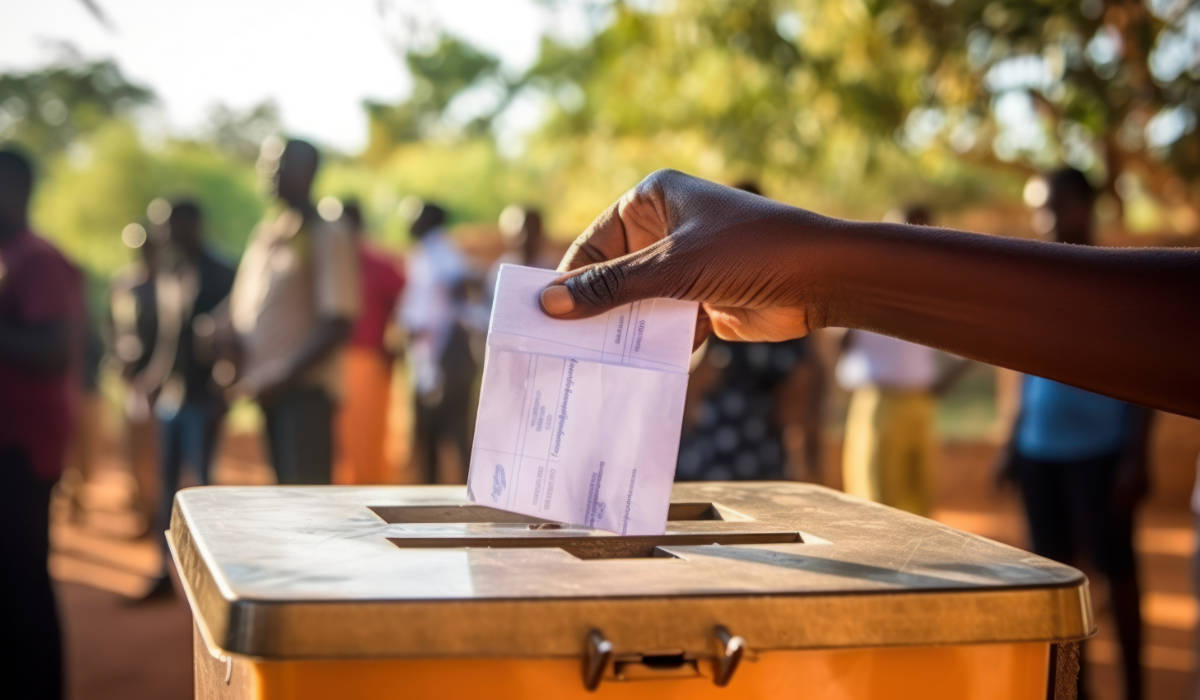In the past month, we have witnessed important developments around the role of Africa in multilateral institutions, including the African Union’s membership in the G20 and the expanded membership of BRICS to include two additional African states – Ethiopia and Egypt. In helping us to navigate the other outcomes of the XV BRICs summit, Bhaso Ndzendze has written a piece which carefully analyses the summit communiqué, the Johannesburg II Declaration. Staying with the analysis of the BRICS+ Summit, Cedric de Coning discusses the implications of the expanded BRICS membership for the future of global governance.
Turning to elections in Southern Africa, Katharine Bebington has written a piece which describes the political context ahead of the general elections in Eswatini on 29 September 2023, which she analyses in a comparative discussion with the recently held elections in Zimbabwe. She argues that the election dynamics leave Southern Africa vulnerable to political unrest and poses questions about the nature of democracies in the region. Related to the broader topic of elections in Africa, Nkanyiso Simelane has written a piece which presents the case of strengthening the quality and integrity of elections in Africa as one type of response to the latest series of military coups.








